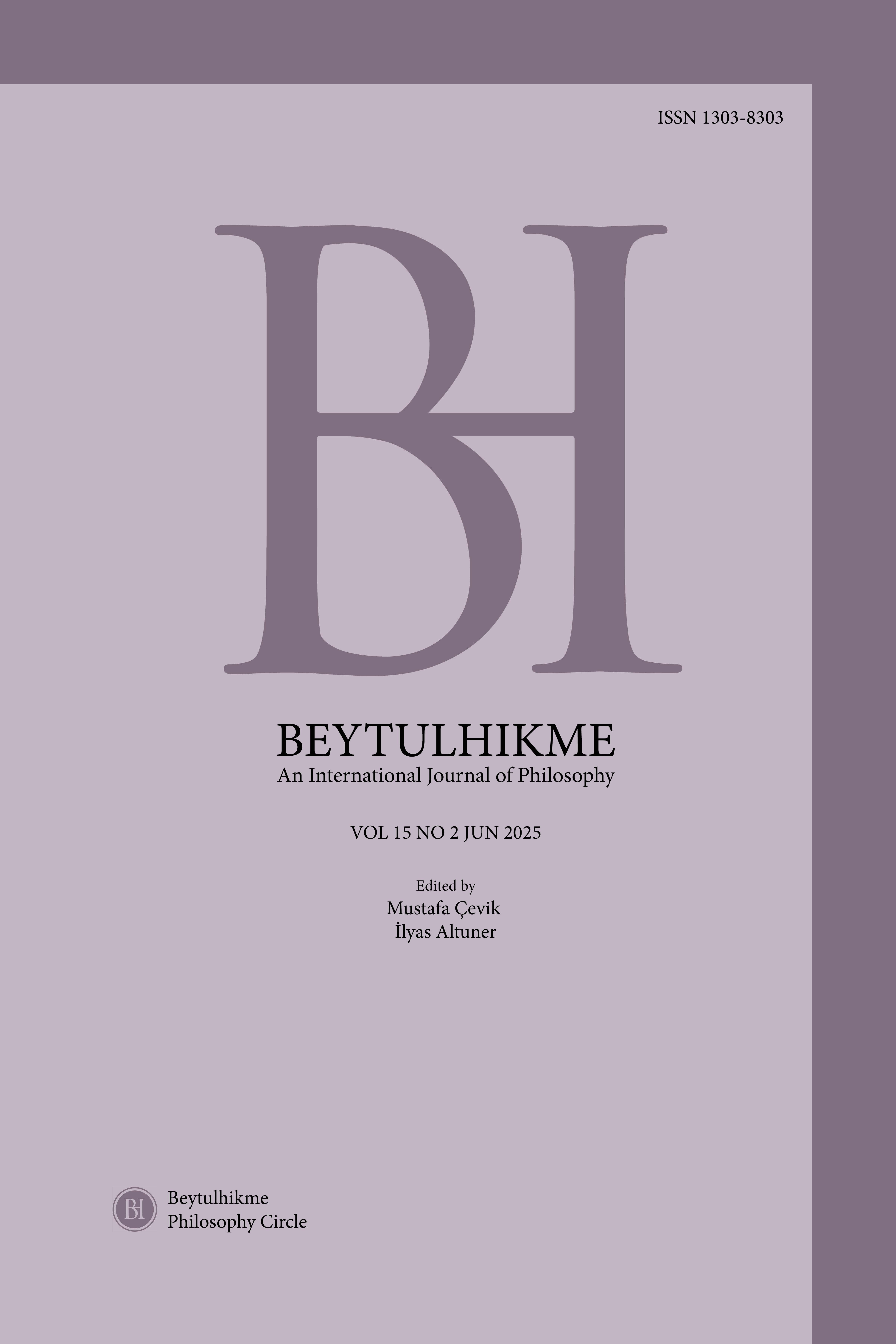Author :
Abstract
Paul Ricoeur felsefe tarihi içinde çeviri pratiğine ve etkilerine felsefi bir bakış açısı ile yaklaşmış az sayıdaki düşünürlerden biridir. Ricoeur’de çeviri teması, fenomenoloji ve hermenötikten sonra gelen ve dilin işlenişinin her basamakta gelişip genişlediği bir düşünce izlencesinin ulaştığı son aşama olarak karşımızdadır. Ricoeur düşüncesinin ve felsefesinin ulaştığı son aşama olarak çeviri, onda dilsel çoğulluk, dil içi ve diller arası çeviri, dilsel konukseverlik, ihanet ve sadakat diyalektiği, yas ve anımsama gibi kavramlar eşliğinde kendini açımlar. Bu, onda dil, anlam, diyalog ve hakikat üzerine düşünmenin yeni bir yoludur. Çalışmamız bu yolu Ricoeur’ün çeviri teorisinin merkezinde duran bu kavramları vasıta kılarak katetmeyi, onun teorik-bilişsel temellerinden etik-pragmatik temellerine yönelmeyi ve özünde taşıdığı ethosu görünür kılmayı amaçlamaktadır. Bu amaç doğrultusunda da metin, Ricoeur’de çeviri teorisinin kişinin kendini anlama kapasitesini arttırmasına hizmet ettiği ölçüde bir varoluş modeli, ötekinin farkındalığına ulaştırdığı, ona duyarlı kıldığı noktada ise bir tanıma, bir kültürlerarasılık modeli olarak değerlendirilebileceğine ışık tutmak istemektedir.
Keywords
Abstract
Paul Ricoeur is one of the few thinkers in the history of philosophy who has approached the practice of translation and its effects from a philosophical perspective. In Ricoeur, the theme of translation is the final stage of a trajectory of thought that follows phenomenology and hermeneutics. The treatment of language develops and expands at every step. As the final stage reached by Ricoeur's thought and philosophy, translation unfolds itself through concepts such as linguistic plurality, intra-linguistic and interlinguistic translation, linguistic hospitality, dialectics of betrayal and loyalty, mourning and remembrance. This is a new way of thinking about language, meaning, dialog, and truth. Our study aims to traverse this path through these concepts that stand at the center of Ricoeur's theory of translation, to move from its theoretical-cognitive foundations to its ethical-pragmatic foundations, and to make visible the ethos it carries at its core. For this purpose, the text wants to shed light on the fact that translation theory in Ricoeur can be considered as a model of existence to the extent that it serves to increase one's capacity to understand oneself, and as a model of recognition and interculturality to the extent that it makes one aware of and sensitive to the other.





